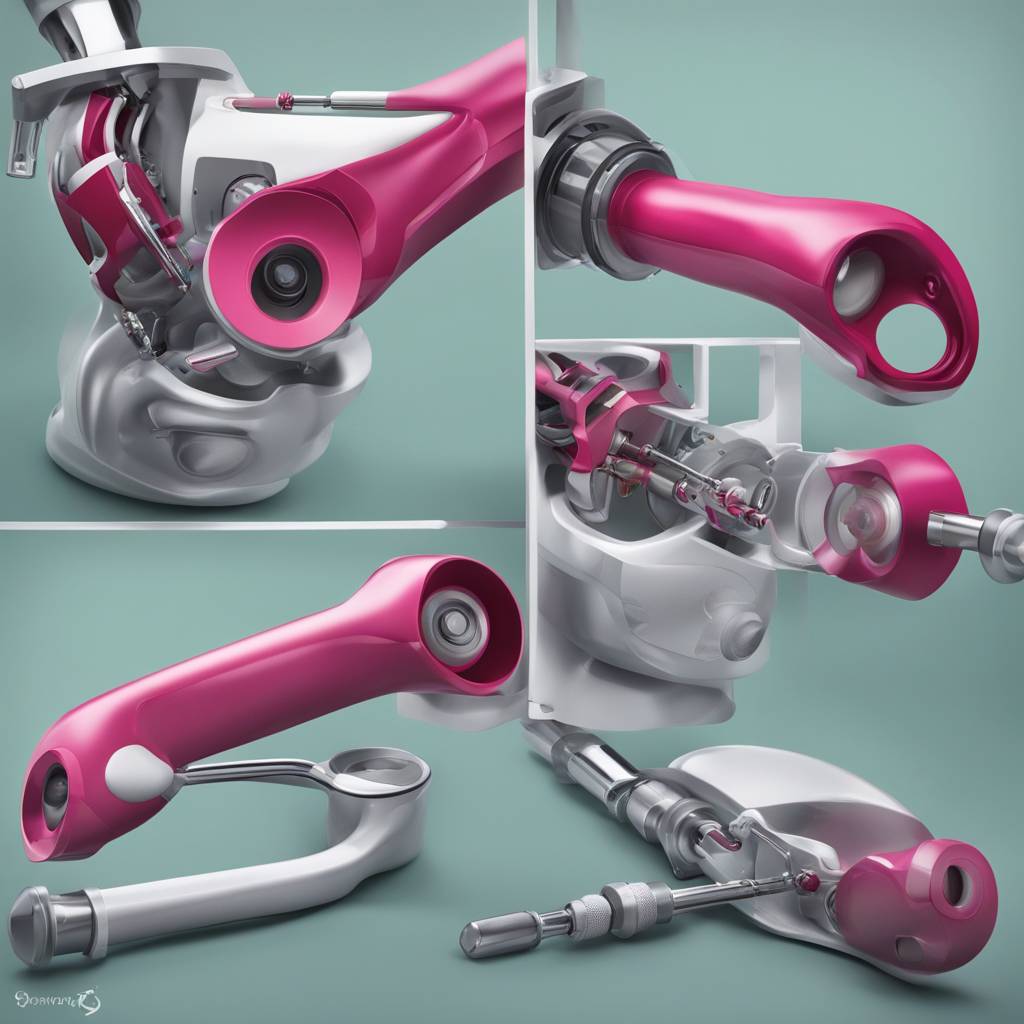Margot Robbie’s Barbie character aside, trips to the gynecologist are often met with apprehension by those who have a vagina, largely due to the use of a specific instrument called the speculum. This duck-billed stainless steel or plastic device is used to open the vaginal walls for doctors to examine the vagina and cervix. The design of the speculum has remained unchanged for over 150 years, originally conceived of by J. Marion Sims, a controversial doctor known as the “father of gynecology” who performed surgical techniques on enslaved women without anesthesia or consent. Despite Sims’ problematic legacy, the speculum remains a standard tool used in over 60 million pelvic exams each year.
Fahti Khosrowshahi, troubled by the enduring legacy of the traditional speculum, founded Nella to develop a next-generation version of the instrument. Khosrowshahi, who faced anxiety during pelvic exams due to a history of infertility, recognized that the speculum can be particularly distressing for women with a history of sexual trauma or in the menopause transition. Dr. Mary Rosser, an ob-gyn at Columbia University, emphasizes that pelvic exams can be physically painful for these vulnerable populations. The discomfort and intimidation of pelvic exams can cause some patients to skip appointments, putting their health at risk. Khosrowshahi aimed to create a speculum that prioritized patient comfort and addressed the shortcomings of the traditional device.
During her fertility journey, Khosrowshahi questioned why a better speculum had not been developed. After conducting market research that revealed 90% of women disliked the traditional speculum, she founded Nella and assembled a team of professionals to design an improved version. The new speculum had to be narrow, comfortable, functional, and ergonomic for both patients and clinicians. Additionally, it needed to be silent to avoid triggering patients, an issue that has been a concern with the traditional speculum. The team cycled through 150 rounds of prototyping, incorporating feedback from doctors and patients to create an optimal design.
The development of a next-generation speculum by Nella aims to improve the experience of pelvic exams for women and address the discomfort associated with the traditional instrument. By prioritizing patient comfort and usability for clinicians, Nella’s speculum seeks to modernize a tool that has remained largely unchanged for over a century. The advancement of gynecological instruments, such as the speculum, reflects a commitment to improving healthcare experiences for women and ensuring that medical procedures are as comfortable and non-threatening as possible. With continued innovation and focus on patient-centered care, advancements in gynecological tools can help promote better health outcomes and increase access to essential medical services for all individuals.













